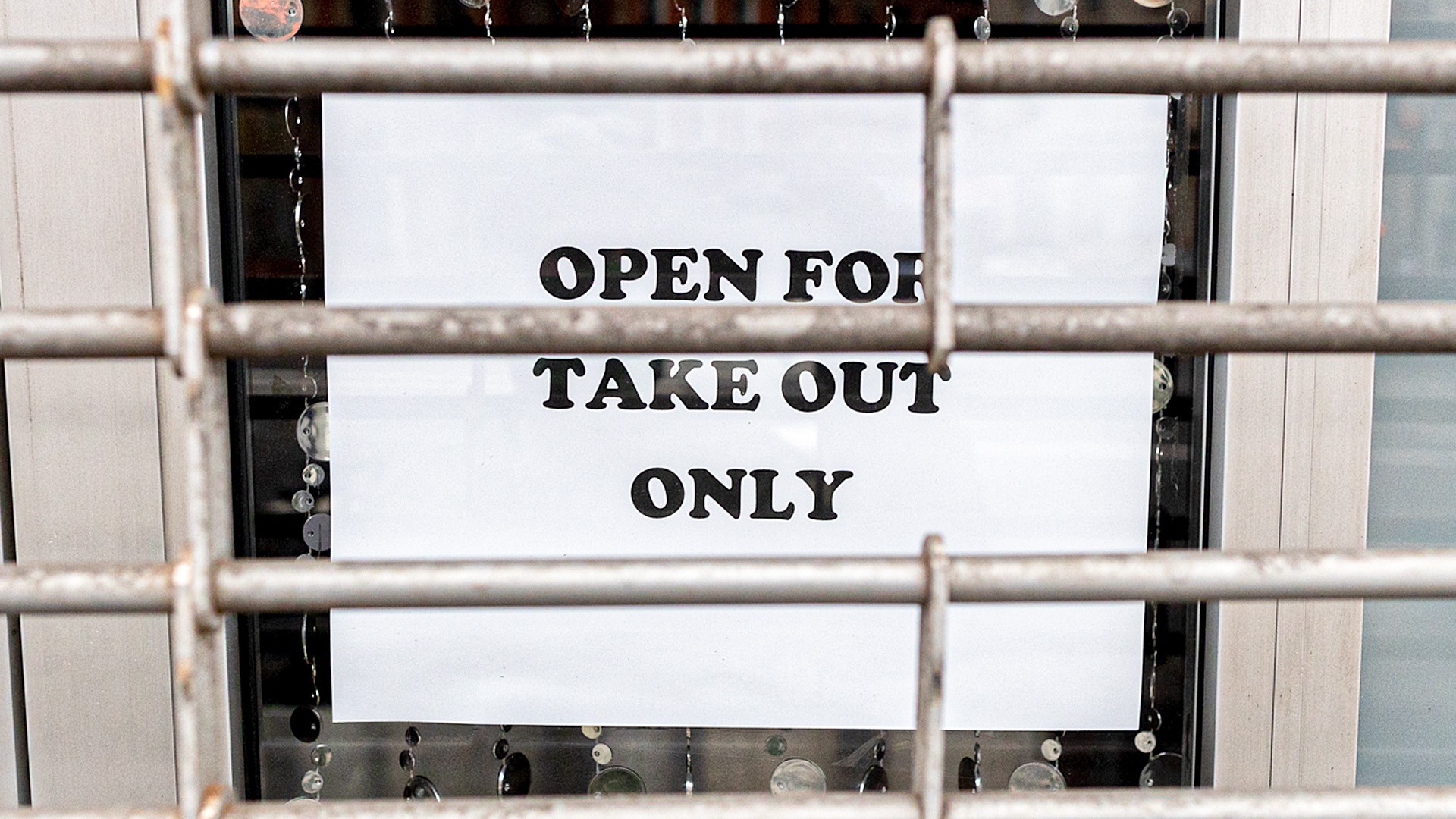Feeling Spent will answer your financial questions about how to survive during the coronavirus pandemic.
Negotiate a deferral
If you’ve been laid off or had your hours reduced and you can’t swing your credit card payments, try getting a deferral. A deferral lets you postpone monthly minimum payments but it's not free money or debt relief: Interest will be charged during that time and it's due when the deferral is over, hopefully when you are in a better financial situation.You can get a deferral over the phone or through the bank’s online portal. Get the deferral in writing to make sure it doesn’t hurt your credit score (a deferral doesn’t damage your credit rating but a missed payment does). If you’ve missed making the minimum payment on your credit card before, or your account isn’t in good standing, you may not be eligible.In Canada, minimum payment deferrals range from two months at RBC (you have the option to reapply) to six months at BMO. Scotiabank and TD offer three months and CIBC’s minimum payment deferrals are done on a case-by-case basis.If you have burning questions about budgeting, debt, or bills, send them to feelingspent@vice.com.
Luke Sheehan, a spokesperson for the credit card comparison site Ratehub.ca, found that someone with a $5,000 credit card balance would pay $137 in interest (at 10.99 percent) instead of $250 (at 19.99 percent) over a three-month deferral period.Another option is to negotiate based on what you can pay month-to-month. According to personal finance expert Rubina Ahmed-Haq, you should have a good sense of how much of what you owe on your credit you can afford to pay. For example, if you can pay $100 this month and $60 next month, offer that. Once you agree to the terms, stick to them.Make the minimum payment
Barring a deferral, you may be forced to carry a balance if you can’t afford to pay off your credit card in full every month. Personal finance experts rarely suggest carrying a balance because it compounds your debt, but these are unprecedented times. You should at least make the minimum payment though—otherwise that counts as a missed payment.If you can afford to make more than the minimum payment, do that, even if your job situation is precarious or you’ve taken a pay cut. According to Ahmed-Haq, the coronavirus crisis is the emergency of all emergencies and if you’re really stretched, your credit card is your emergency fund. Pay it down instead of saving for a rainy day when you might really need it. If you’re still struggling financially in a few months then you can use your credit card to get through.Avoid cash advances
Although you’re using plastic for emergencies try not to use your credit card like an ATM to access money. The interest rates on cash advances haven’t been reduced on all cards. They come with much higher interest rates than regular charges (usually at 25 percent or more), interest accrues as soon as you withdraw the money, and you can be charged a transaction fee.Stretch out payment on big purchases
There are some new options available to help you out, including plans that let you stagger repayment on large purchases. For example, you can call the credit card company to put a $250 charge on a payment plan that you pay over time rather than on your next monthly statement.According to Ahmed-Haq, the interest rate on this can be lower than regular interest rates—in some cases as low as 5.99 percent.Consider other forms of credit
If you find a card that has a lower interest rate than the one you’re using, try to switch. But even so, credit card debt is still a relatively high-interest loan. If you can access another form of credit with a lower interest rate, like a line of credit or a loan from family, try that instead, said Ahmed-Haq.Both Ahmed-Haq and Kenneth Lin, the founder and CEO of personal finance service Credit Karma, agree that ultra-high interest payday loans should be avoided, even though they continue to be offered as essential services.“Payday lenders tend to prey on those in desperate circumstances, and these loans can be the beginning of a long cycle of debt,” said Lin.It's OK to use plastic to get by
Ahmed-Haq said that as a short-term solution and perhaps your only option, relying on a credit card “can be a good way to get you through this really difficult time.” But focus on buying the essentials and putting food on the table, and resist the temptation to put new purchases on your card unless you really need them.“Be aware of how easy it is to spend without ever going into a store. By buying online you can easily get things to your door to combat boredom,” said Ahmed-Haq. “Don’t get yourself into a bad financial situation by buying things to entertain yourself while you’re home.”Follow Anne Gaviola on Twitter.
